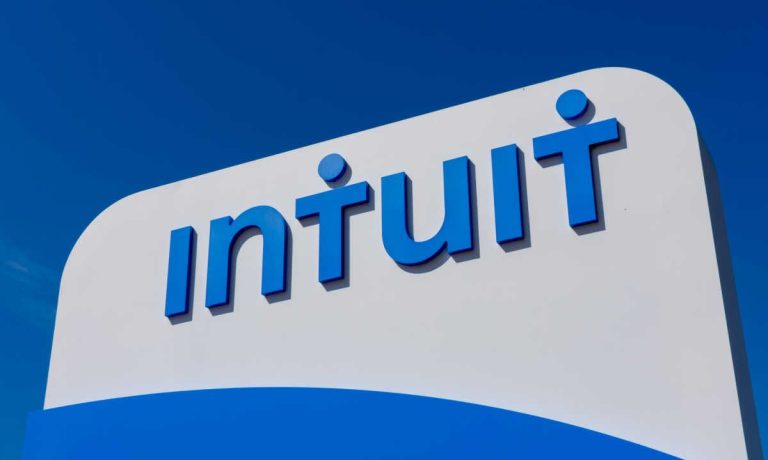Intuit Buys SeedFi to Help Credit Karma Customers Build Credit

Global FinTech giant Intuit is looking to bolster its credit building business by acquiring SeedFi.
The parent company of TurboTax, QuickBooks and Credit Karma announced that it planned to combine SeedFi’s Credit Builder technology with Credit Karma, which has already been partnering with the San Francisco-based startup since last year in its efforts to help consumers improve their financial standing and credit scores.
“By combining SeedFi’s Credit Builder technology with Credit Karma’s long-standing relationships with credit bureaus and others in the credit ecosystem, Intuit will be able to move with greater speed and scale to help Credit Karma members make financial progress,” the company said in a news release last week.
Terms of the deal were not disclosed, but Intuit said the existing Credit Builder program allows members to make regular bill payments, of just $20 per month or $10 per paycheck, and then report that info to the credit bureaus.
Although high inflation, rising interest rates, increasing layoffs and economic uncertainty have caused unprecedented belt-tightening and constrained household budgets, Intuit said members of the Credit Builder program improved their financial health and increased their scores by an average of 21 points in as little as 30 to 45 days, while also building up more than $10 million in savings.
“This acquisition will enable Credit Karma Money to continue to build on that momentum and help put more members on a path to financial security,” the release said.
The company points to a recent Consumer Financial Protection Bureau (CFPB) study that found that almost 75% of Americans with no emergency savings have credit scores under 660, a correlation that persists as time goes on.
And even Americans who do have emergency savings often don’t have enough, LendingClub Financial Health Officer Anuj Nayar told PYMNTS in September.
For years, $400 was the go-to figure for emergency savings, but research by PYMNTS and LendingClub shows that most emergencies actually cost consumers $1,400 on average.
Nayar said inflation has driven up the cost of all manner of expenses to the point where even buying a replacing a tire after a flat can easily run several hundred dollars, while an emergency room visit can cost thousands.
It’s been well documented at this point that the paycheck-to-paycheck economy includes a majority of American consumers, who have little, if anything, left over to save once they’ve paid the bills every month.